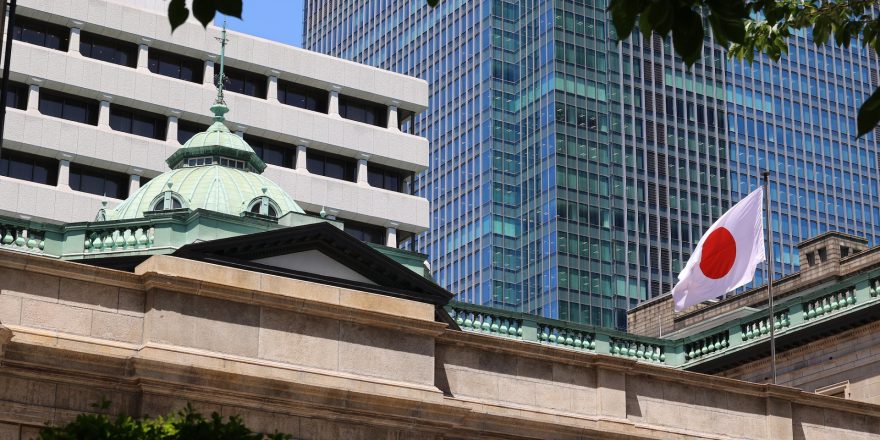Jerome Powell is facing an increasingly grim calculus after yet another hot inflation reading last week: He probably has to push the economy into recession in order to regain control of prices.
After spending much of last year sounding a bit like the inflation-tolerant, former central bank chief Arthur Burns, Powell has increasingly taken on the mantle of inflation-slayer — and Fed icon — Paul Volcker. It’s a role he’s likely to embrace with relish on Wednesday, when he speaks with reporters after a widely-expected decision by the Fed to raise interest rates by another half percentage point.
But so far at least, he’s shied away from endorsing the tough monetary medicine — and punishingly deep recession — that it took for Volcker to break the back of inflation four decades ago. While Powell has recently acknowledged that getting price pressures under control could require some pain — and maybe even higher unemployment — he’s steered clear of talking about a recession.
That’s perhaps understandable, given how fraught politically that is, especially for President Joe Biden’s Democratic Party ahead of mid-term elections in November.
An increasing number of economists — including ex Fed Vice Chair Blinder — say it may take an economic contraction and higher unemployment to bring inflation down to more tolerable levels, much less back to the Fed’s 2% price target
Investors are taking note. Bond yields jumped and stock prices tumbled on Friday on concern the Fed will slam harder on the policy brakes after news that consumer prices rose at a fresh 40-year high of 8.6% in May from a year earlier. Investors hardened bets the Fed would continue hiking in half-point steps at its meetings in July and September, with some economists arguing that a larger 75 basis point increase was now on the table.
The path and ultimate destination of interest rates in coming months will partly depend on how quickly — and how far — policy makers want inflation to cool and how much pain they’re willing to put the economy through to achieve that.
The personal consumption expenditures price index — the Fed’s favored inflation gauge — rose 6.3% in April from a year earlier, more than three times the central bank’s 2% goal. Stripping out volatile food and energy costs, core prices increased 4.9%.
Ethan Harris, head of global economics research at Bank of America Corp., said the Fed would probably be willing to compromise and accept a plateauing of inflation at 3%, with the idea of addressing the overshoot of its target gradually over time. That would allow it to avoid pushing the US into a downturn.
The longer inflation stays elevated, the greater the chance it becomes entrenched in the economy. That’s what happened in the 1970’s when Burns was Fed chair and it’s the primary reason why Volcker subsequently had to put the economy through such a wringer to get inflation down.
But overly aggressive action to tackle persistent price pressures carries dangers as well. It could push the economy into a very severe recession that sends unemployment skyrocketing.






